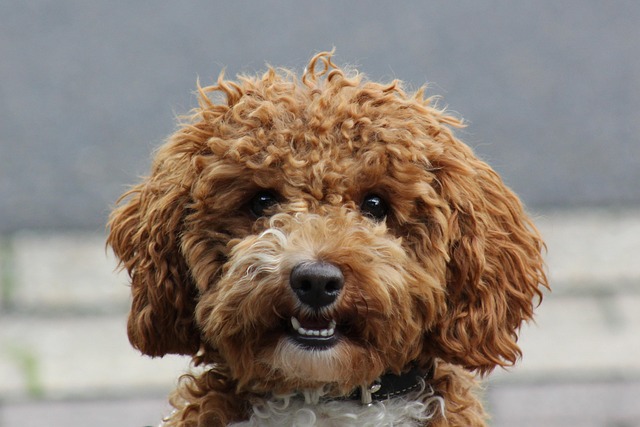
How do i train my dog to be obedient?
Watching your dog dart across the park ignoring your calls isn’t just frustrating—it can put them at risk near busy streets or public spaces.
Deciding to bring a Yorkie into your home means embracing a tiny bundle of energy and charm, but it also raises an important question: how straightforward is potty training? Unlike larger breeds, these pint - sized pups come with unique traits that can make the training process both rewarding and challenging. Understanding these characteristics is key, especially when considering local animal waste disposal laws and community expectations.
Yorkies’ small size plays a significant role in potty training. Their tiny bladders mean they need to relieve themselves more frequently than bigger dogs. A young Yorkie might need to go outside every 2 - 3 hours, and missing these windows can quickly lead to accidents indoors. This frequent need can be a test of patience, but it also means they can learn faster with consistent routines. Just like adhering to local leash laws, establishing a regular potty schedule helps keep your Yorkie in line with community standards.
These dogs are known for their intelligence and independent streak. While their smarts can make them quick learners, their stubborn side often shines through during training. Yorkies may decide they’d rather mark their territory indoors than wait for the right moment outside. Positive reinforcement, like treats and enthusiastic praise, usually works better than scolding. Remember, in many areas, using punishment - based training methods on pets violates animal welfare regulations.
 Housebreaking a Yorkie benefits from a multi - pronged approach. Crate training can be a game - changer, as these dogs tend to avoid soiling their sleeping areas. But it’s crucial to use the crate correctly—never leave your Yorkie confined for too long, as it could be considered neglect under some local laws. Combining crate training with scheduled outdoor breaks and immediate rewards for good behavior creates a system that’s both effective and compliant with responsible pet ownership guidelines.
Housebreaking a Yorkie benefits from a multi - pronged approach. Crate training can be a game - changer, as these dogs tend to avoid soiling their sleeping areas. But it’s crucial to use the crate correctly—never leave your Yorkie confined for too long, as it could be considered neglect under some local laws. Combining crate training with scheduled outdoor breaks and immediate rewards for good behavior creates a system that’s both effective and compliant with responsible pet ownership guidelines.
Another factor to consider is Yorkies’ sensitivity to their environment. Sudden changes, like a new furniture arrangement or a different cleaning product scent, can confuse them during training. Keeping their potty area consistent and clean helps. In communities where neighbors value a tidy living space, having a well - trained Yorkie that doesn’t leave messes outside your home fosters good relationships and avoids potential complaints.
Potty training a Yorkie isn’t always a walk in the park, but with the right strategies, it’s entirely achievable. By respecting their physical needs, working with their personality, and following local pet care best practices, you’ll not only have a house - trained companion but also a well - behaved member of the community. After all, responsible pet ownership is about creating harmony between your furry friend and the world around you.

Watching your dog dart across the park ignoring your calls isn’t just frustrating—it can put them at risk near busy streets or public spaces.

New puppy owners often find themselves rushing to clean up accidents before they set in, and that’s where puppy pad training becomes a game-changer.

If you've noticed your dog's waistline disappearing and your veterinarian has mentioned those few extra pounds, your first instinct might be to simply reduce the amount of food in their bowl.

Training a dog to use a designated spot indoors isn’t as daunting as many new owners fear, but it does take consistency and an understanding of your pet’s needs.

That moment of dread on a walk is all too familiar for many new dog owners. You see another dog approaching down the sidewalk of your neighborhood

If the sight of another dog on your neighborhood walk makes your heart sink as your own dog erupts into a frenzy of barking and lunging, you're not alone.